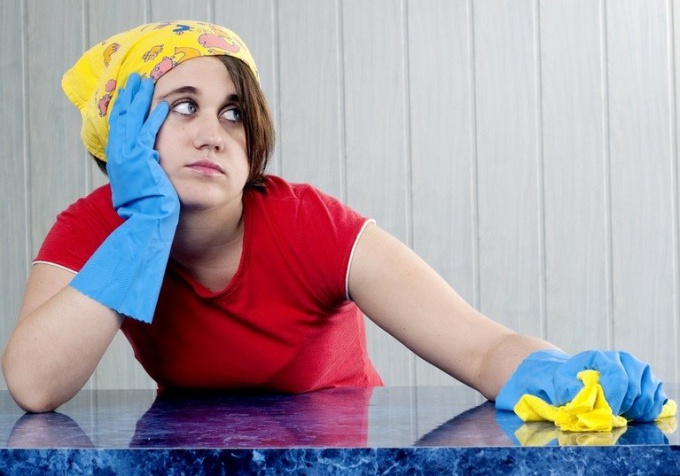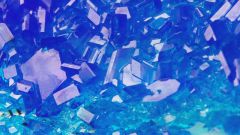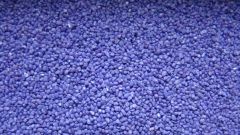What it consists of abrasive cleaners
Abrasive cleaners are available as powders and pastes, sometimes in the form of a suspension. In their composition are usually present surface-active substances (surfactants), metasilicate sodium, soda ash, sodium tripolyphosphate and disinfectants containing chlorine. Aromatizers different fragrances. As abrasives are introduced carefully milled powders of sand, pumice, chalk, borax.
In a pasty abrasive cleaners usually give the most mild abrasive in the form of pumice. Apart from the abovementioned substances in a paste add water, glycerin or ethylene glycol. The latter does not give quick to dry the paste and soften the skin after exposure to chemical components.
The main disadvantage of detergents with abrasives is the possibility of scratching the cleaned surface. Can become more dull porcelain and enamel, on stainless steel surfaces can be damaged by the polishing. It is better to refrain from intensive cleaning abrasives surfaces, fiberglass, laminate and even marble. Therefore it is better to start cleaning contaminated sites with the use of milder remedies, then try the tool with a mild abrasive.
Where used abrasive cleaners
The ceramic shells are cleaned of powder or paste with mild abrasives. After application and cleaning should be well washed and wiped dry the sink. This will give it a Shine. Sinks stainless steel is better to clean without the use of abrasives and chlorine that can cause corrosion of the metal. If the contamination is strong, try cleaning a small section, if there is no damage, it is possible to begin cleaning the entire surface of the shell. A shell of glass is better to clean liquid without abrasives.
Acrylic bathtubs and cast iron to be cleaned with abrasive means permanently is not recommended. Only to remove heavy dirt. In enamelled baths of the enamel under the action of the abrasives can gradually break down, become rough to the touch and will lose their luster.
Toilets well cleaned weak abrasive means the metal and plastic components of the toilets it is better to clean without abrasives, liquid detergents. The mixers are best cleaned without using abrasives, mild detergent and RUB with a dry cloth to restore the Shine.
For enamelware is possible to use abrasive products only to remove stubborn stains or burnt areas, grime or calcium sediment from the water. But you can safely clean tile surface with abrasive means. They are easy to remove invisible droplets of fat from the surface of the tile near the stove and sink.


